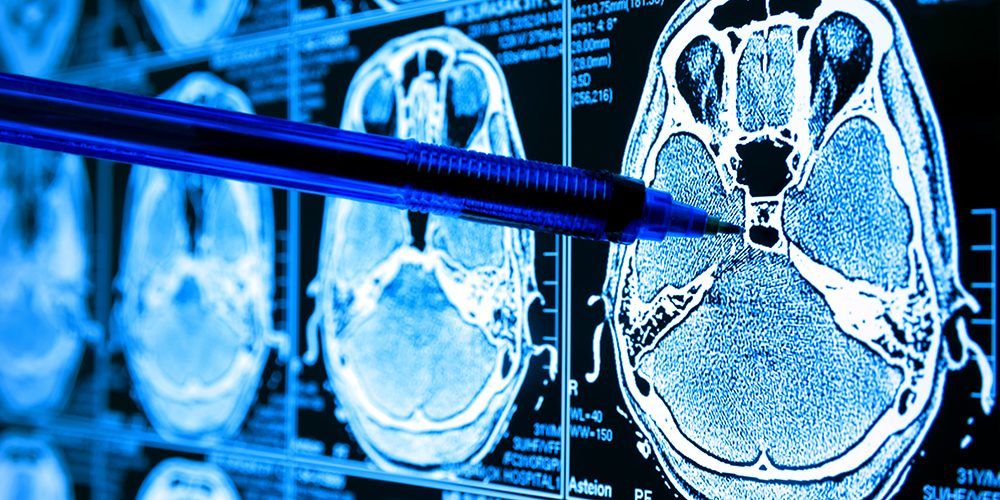
Biomedical systems engineering combines life sciences with engineering and physical sciences to solve fundamental biological questions and challenging healthcare problems.
Engineers in this interdisciplinary and exceptionally broad field work in areas as diverse as bioinstrumentation, biomaterials, biomechanics and systems biology. They design artificial organs and prosthetics, and create biomaterials for drug delivery. They use mathematical models to optimize healthcare systems, and machine learning to improve microscopy and medical imaging.
EngSci's Biomedical Systems Engineering major prepares students for graduate studies and careers with an interdisciplinary curriculum in engineering and life sciences. Student learn to tackle complex problems and design challenges with a systems approach. They use chemical, mechanical, and electrical engineering to gain molecule-to-organ system understanding.
The major includes four focus areas: regenerative medicine and biomaterials; systems and synthetic biology; neuro sensory and rehab engineering; and sensors, nano/microsystems and instrumentation. Courses cover principles of embryonic development and tissue engineering, mathematical modelling in cell and molecular biology, biological and medical imaging, omic technologies, physiological control systems, biomechanics and rehabilitation engineering, and computational biology.
Students develop the strong analytical, communication and design skills needed to assess complex biological systems, work in interdisciplinary teams with clinicians and patients, and develop innovative advances in healthcare equipment, devices and processes.
This major was the first undergraduate program of its kind in Canada. Students benefit from studying in one of the world's most active hubs of biomedical research. They are taught by renowned professors and researchers from the internationally recognized Institute for Biomedical Engineering (BME), and departments within U of T's Faculty of Applied Science & Engineering, Faculty of Medicine, and Faculty of Dentistry. Students have access to cutting-edge facilities, superb mentors, and outstanding research opportunities through the university and ten affiliated hospital partners.
FAQs
Did you know...?
Students can further their knowledge in student clubs
like CUBE, UT BIOME, and iGEM Toronto.
Sample Courses
Where this major can take you
Our graduates have contributed to tremendous advances in the biomedical sciences by improving the understanding, diagnosis, and treatment of diseases, and other health-related issues. Meet some of our alumni.
About half of this major's graduates go on to graduate studies in biomedical engineering or related disciplines. Some pursue professional degrees in medicine, pharmacy, law, or business. Recent graduates have attended graduate school at Columbia University, ETH Zurich, Harvard & MIT joint program, Johns Hopkins University, Stanford University, UBC, U of T, and more.
Over half of our recent graduates ultimately work in the biomedical, biotechnology, or healthcare fields, including in biomedical engineering, biotechnology, or pharmaceutical companies; universities or research institutes; and in healthcare (medicine, pharmacy, etc.). Other graduates work in other engineering disciplines, consulting or finance. Employers for our recent graduates include Baylis Medical, GE Healthcare, Microsoft, and others.
Entrepreneurial graduates have started companies like Xpan and LSK Technologies.
Chair of the Biomedical Systems Engineering major
Leo Chou (BME)
Professor Chou works on developing self-assembling molecular machines that can operate in living organisms for bio-sensing, disease diagnostics, and therapy.
